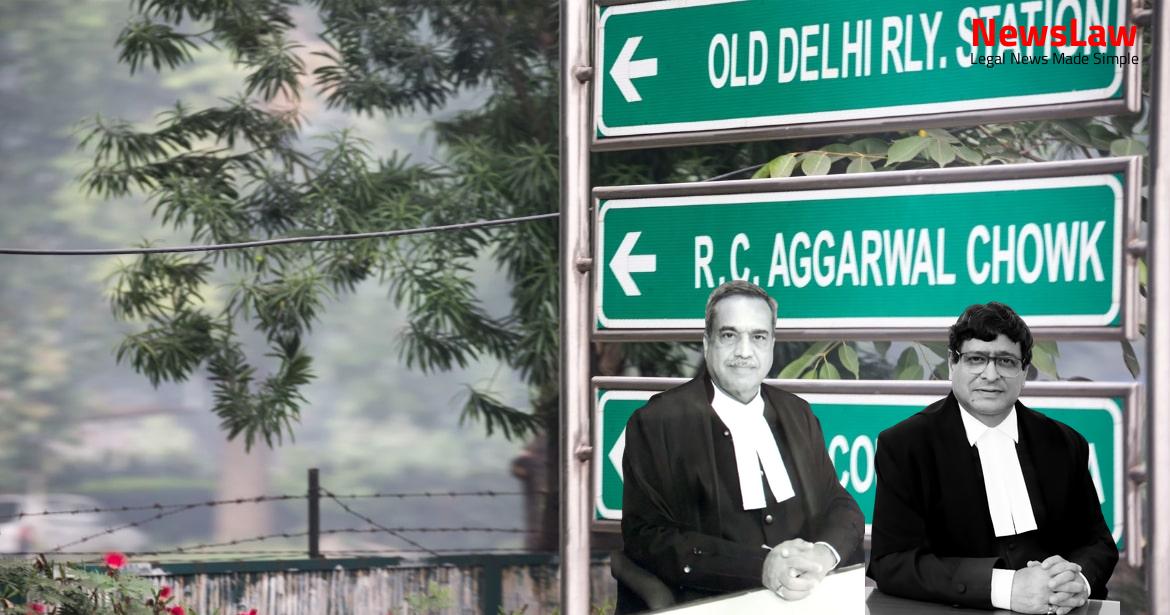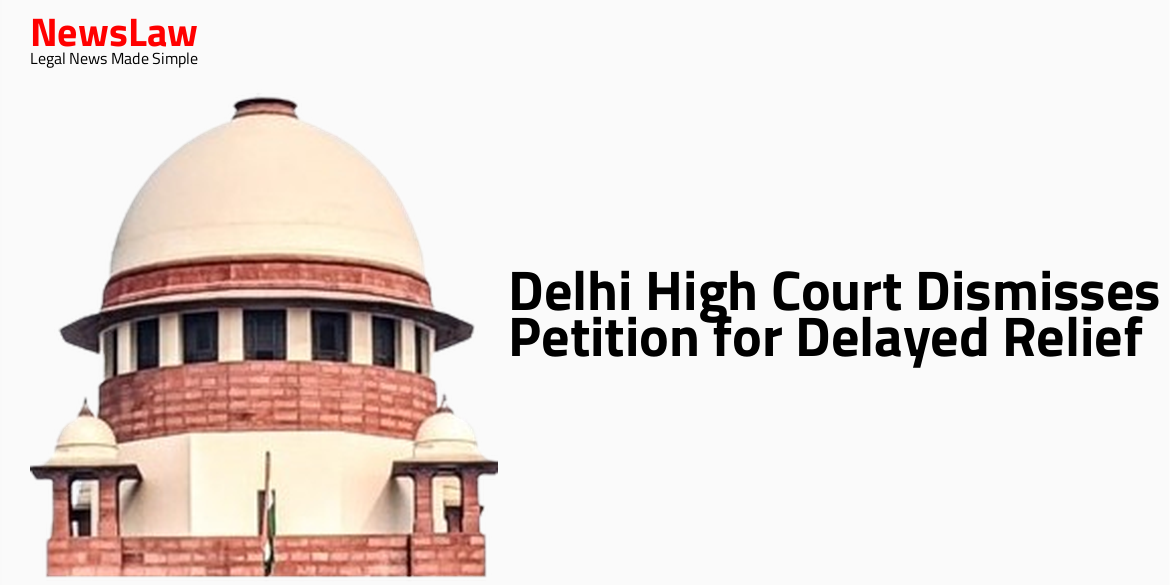The court’s interpretation of stamp duty remission in the Kerala Co-operative Societies Act sheds light on the complexities of legal provisions and their application. The case delves into the nuances of Section 40 of the Act, highlighting the restrictions and criteria for claiming remission. Through a thorough legal analysis, the court provides a detailed explanation of the inconsistencies between previous Acts and notifications, ultimately leading to the dismissal of the appeals. This summary presents a valuable insight into the legal intricacies surrounding stamp duty remission in co-operative societies.
Facts
- The respective appellants were denied the benefit of remission of stamp duty as per Section 40 of the Kerala Act, 1969.
- Remission is available only in cases where, but for such remission, the society, officer or member would be liable to pay the stamp duty.
- The appellants argued that they should be entitled to remission of stamp duty for the sale deeds in question.
- SRO No 75/60 should be interpreted within the limitations of sections 110(2) and 40(1)(a) of the Kerala Act.
- SRO No 75/60 issued under section 35 of the TC Act and section 30 of the Madras Act is saved by section 110(2) of the Kerala Act
- The saving is applicable only to the extent that it is not inconsistent with the provisions of the Kerala Act
Also Read: Legal Analysis of Admission Irregularities in Educational Institutions
Arguments
- Submission made regarding the applicability of SRP No 75/60 for remission of stamp duty on instruments executed by or on behalf of a cooperative society
- Explanation of the remission of stamp duty under Section 30 of the Kerala Stamp Act and Section 40 of the Kerala Act, 1969
- Clarification on the exclusion of remission of stamp duty for instruments executed by a member in his own capacity or as a Guardian of a minor under Section 40 of the Kerala Act, 1969
- Opposition to the appeals based on the interpretation of Section 110(2) of the Kerala Act, 1969 and the inconsistency with earlier Acts and notifications
- Argument supporting remission of stamp duty on instruments where liability is placed on the society
- Prayer for remission of stamp duty on specific instruments/sale deeds based on SRO No 75/60 and denial by the Full Bench of the High Court
- The respective appellants shall not be entitled to remission of stamp duty on the instruments/sale deeds in question.
- The society is not liable to pay the stamp duty according to the submission.
- Therefore, there is no question of any remission of stamp duty.
Also Read: Quashing of Enhanced Tuition Fee in Private Medical Colleges
Analysis
- The Madras Co-operative Societies Act, 1932 and the Travancore-Cochin Co-operative Societies Act, 1951 were repealed by the Kerala Co-operative Societies Act, 1969.
- Section 110 of the Kerala Act, 1969 deals with Repeal and Savings.
- Notwithstanding the repeal, certain provisions were saved to ensure continuity in appointments, rules, orders, notifications, suits, and other proceedings.
- Section 40 of the Kerala Act, 1969 provides for remission of stamp duty in respect of societies, officers, and members relating to the business of such society.
- Notifications under the repealed Acts are deemed to have been made under the Kerala Act, 1969.
- Notifications issued under the repealed Acts are saved only to the extent ‘so far as may be’.
- Section 40 of the Kerala Act, 1969 states that remission of stamp duty is applicable only where liability would exist otherwise.
- It is contended that SRO 75/60 is saved despite the repeal of the Travancore Act, 1951 and the Madras Act, 1932.
- The Full Bench of the High Court interpreted that saved notifications are only valid ‘so far as may be’.
- Section 40(1)(a) of the Kerala Act, 1969 specifies that a member executing a document as a Guardian or on his own behalf is not entitled to stamp duty remission.
- Instruments executed by a member on his behalf or as a Guardian were covered in SRO 75/60 but not in Section 40 of the Kerala Act, 1969.
- Under Section 110(2) of the Kerala Act, provisions of the repealed Acts are saved if not inconsistent with the new Act.
- A comparison chart shows the inconsistencies between SRO 75/60 clause 1(a) and Section 40 of the Kerala Act, 1969.
- Sale deeds were executed either by the members in favor of the society or by the society in favor of the members in the cases discussed.
- Instruments/sale deeds in question not executed by or on behalf of a society or its members.
- Not related to the business of the society.
- Appellants not entitled to remission of stamp duty on the instruments/sale deeds.
Also Read: Final Decision and Disclosure in Collegium Meetings
Decision
- All appeals have failed and are dismissed.
- The court agrees with the Full Bench of the High Court.
- No costs ordered.
Case Title: KERALA LAND REFORMS AND DEVELOPMENT CO-OPERATIVE SOCIETY LTD. Vs. DISTRICT REGISTRAR (GENERAL) . (2022 INSC 1087)
Case Number: C.A. No.-006588-006588 / 2015



